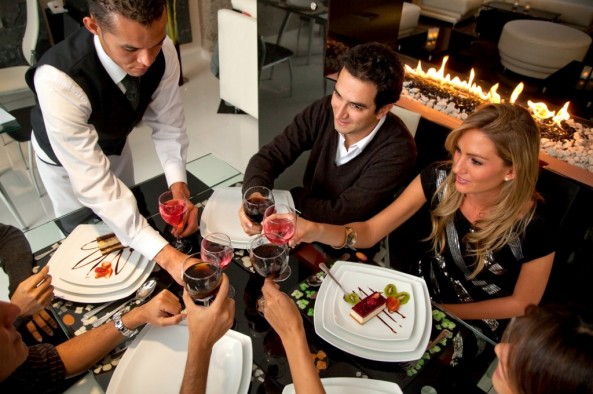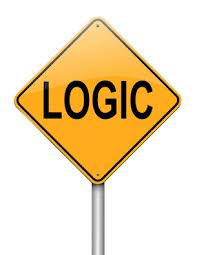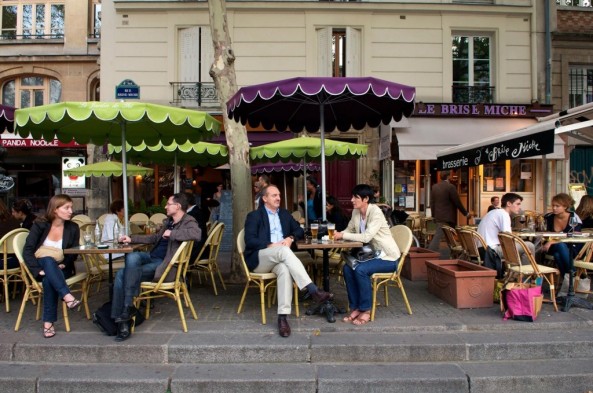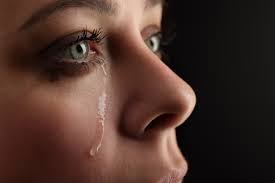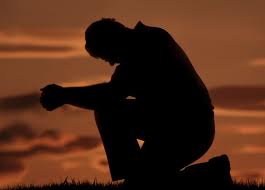Aug 14 2014
The Reality Café Dream
For many people, “religion” has left a bad taste in their mouth. They see a world where people wage war over their conflicting beliefs, where injustice seeks to justify itself theologically, where suffering is inflicted in the name of an unfeeling god. And “church” too often carries connotations of cruelty, condemnation, and corruption, heartlessness and hypocrisy, and other toxic attitudes and behavior.
By contrast, a café or restaurant — a place where you can gather with family or friends to enjoy your favorite food, laugh and engage in animated conversation, celebrate life, share your latest joys and struggles with people you trust and you know care about you, and generally have a great and memorable time — has a universal appeal.
I recently had a dream in which someone gave me several million dollars to open a chain of restaurants named Reality Café, in big cities and small towns alike, where people of all beliefs or none could come together to discuss in a friendly and honest fashion the Big Questions of Life: who we are, where we came from, where we’re going, and how we can find happiness, meaning, and fulfillment in our lives.
The concept of Reality Café was that you (and any friends you might wish to invite) could come into a warm and welcoming environment, order your favorite food and drink, and it would be “on the house,” so long as you were willing to engage in a delightful discussion — fragrant with friendliness, tasty with truth, sizzling with sagacity, seasoned with wit — with select dinner companions, a discussion that would advance you in a structured, step-by-step fashion from wherever you were in your beliefs (or non-belief) to wherever you need to be.
The conversation would proceed from the “appetizer” phase to the “soup and/or salad” phase, then on to the first main course, the second course, and so forth, culminating in the top-it-all-off final dessert-like dénouement of the discussion. (For a more detailed explanation of that sequence, please see this website’s August 30 and 31 blog posts on “So Is Reality a Café or a Baseball Diamond?”, Parts 1 and 2.)
While I’m waiting for that multi-million-dollar donation to drop into my lap to make my restaurant-chain dream a reality, in the meantime this website seeks to be the online equivalent of such an idea-ingesting experience. Although (alas!) I cannot yet provide the literal culinary content, I do hope to serve up a literary likeness thereof, an appealing banquet of belief-themed conversations that can gently, lovingly, respectfully, yet purposefully lead each of us (myself included) toward an ever more coherent, consistent, authentic, and rewarding grasp of reality.
Bon appétit!
